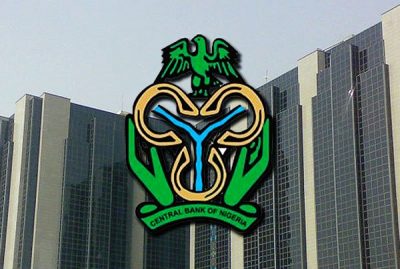Nigeria’s central bank tries to force banks to lend, not buy bills
The central bank, which had not issued market stabilisation bills for about a week before Thursday’s auction, told banks bids must be backed by customer demand. In the past, banks have bought government debt rather than assume risk by lending.
It was unclear if the order applied to Thursday’s auction only. Banks can still purchase bills on the secondary market, traders said.
At Thursday’s open market auction, the central bank offered 75 billion naira ($245.14 million) of bills, drawing demand totalling 475 billion naira for the various maturities. The bank sold one-year bills at a yield of 12.25%.
A trader said Thursday’s auction was aimed at non-bank investors, adding that the central bank has considered offering bills directly to foreign investors to support the currency.
STRUCTURAL REFORMS NEEDED
The central bank had been issuing securities at high yields to mop up naira, a policy it maintained for more than two years to attract foreign inflows into bonds and support the naira.
It was unclear which option the central bank wants to pursue: boosting credit flow locally or maintaining a stable currency in the face of high inflation and dollar shortages.
At its last rate meeting in March, the bank cut rates by 50 basis points for the first time since November 2015, saying it wanted to signal a new direction. Analysts expect another 50-bp rate cut on Tuesday.
Bankers doubt the measure will do much to boost lending unless credit risk is addressed through reforms.
“I’m not quite sure this is an effective way of getting banks to put their balance sheet on the line to areas where they clearly perceive risk,” one banker told Reuters. “The central bank wants to drive growth in the economy without structural reforms, which is counter-productive.”
Nigerian President Muhammadu Buhari won re-election in February and has pledged to get the economy growing again. But he has failed to set up a cabinet months after gaining a second term.
Analysts said recent policies aimed at boosting loans to revive the economy could have a knock-on effect by lowering yields to unattractive levels for foreign investors, which could weaken the naira. (Reuters)


